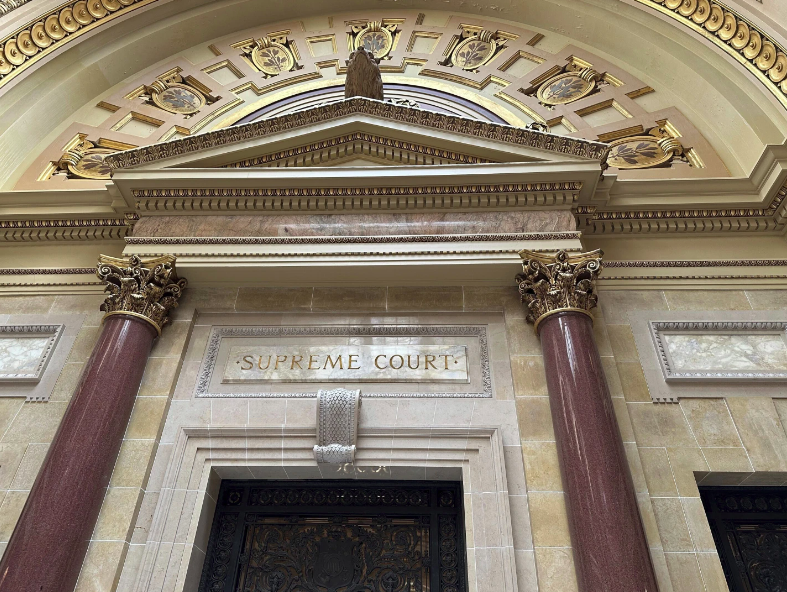RFI Executive Vice President Eric Patterson joined the Drew Mariani Show earlier this week to discuss the ongoing, violent persecution of Christians and other religious minorities in Afghanistan, Nigeria, and elsewhere. Patterson explained that before the Taliban reestablished its rule in Afghanistan, 15,000-18,000 Christians lived there—no one knows the number now. Christians who are still there are in a “dire situation” with no guaranteed political or human rights. Typically converts from Islam, they are considered apostates, and therefore eligible for the death penalty.
Patterson also commented on the “sad and reprehensible” situation in Nigeria, as well as what can be done in the midst of the regular outbursts of extreme violence there:
It’s sad because you have a Muslim majority government led by a conservative Muslim; and Boko Haram, the Muslim terrorist group in the north, has killed tens of thousands of fellow Muslim citizens… And of course, Christians, which are a much smaller minority in the north, are under death threats every day… In the political realm, the only thing that’s going to push the Nigerian government to take action is not only Western governments, but also Muslim-majority governments, to say, “Listen, tens of thousands of both Christians and Muslims are being killed. You’re destabilizing an entire region. That’s not good for any of us…”
When asked what ordinary citizens can do to make a difference, Patterson spoke of the importance of donating to and supporting humanitarian organizations, informed and persistent prayer, and calling and sending letters to their elected officials. Patterson said that Americans need to tell our legislators not to “cut deals” and give foreign aid to rogue regimes—such as those in China, Nigeria, and Pakistan—who continue to massacre Christians and other religious minorities.
He added that the United States cannot do it alone and needs partners from across religious and cultural traditions to throttle this violence. “We need to always call it what it is—it’s killing human beings; it’s breaking a covenant—a human rights covenant that people are the children of God, and they shouldn’t be slain, massacred.”
Listen to the full interview on Relevant Radio.
THE RFI BLOG

How Soccer Reveals Different Meanings Of ‘Secular’ In France And The US

RFI’s Ismail Royer Meets with Delegation from India

Protecting the Unborn, Mothers, and Medical Ethics: The Stakes of Arkansas’ Amendment

Wisconsin Supreme Court Punishes Catholic Charities for Serving Everyone

Wisconsin Supreme Court Decision Truncates Religion
CORNERSTONE FORUM

Public Bioethics & the Failure of Expressive Individualism

Religious Liberty in American Higher Education

Scotland’s Kate Forbes and the March of Secularism

70 Years of Religious Freedom in Sweden: Prospects and Challenges

